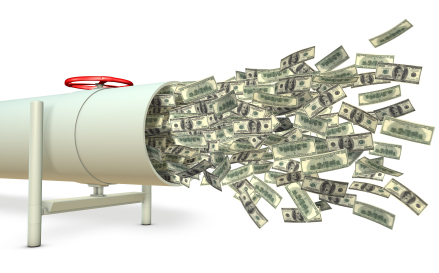From the Associated Press:
A deal on the $1 trillion-plus spending bill was reached after Republicans agreed to drop language that would have blocked President Barack Obama’s liberalized rules on people who visit and send money to relatives in Cuba. But a GOP provision will stay in the bill thwarting an Obama administration rule on energy efficiency standards that critics argued would make it hard for people to purchase inexpensive incandescent light bulbs.
A senior White House official said the administration supported the two-month plan.
Bargainers were considering the two-month extension of this year’s payroll tax cut and unemployment benefits bill because so far, they haven’t agreed how a yearlong extension would be paid for, said a Democratic aide who spoke on condition of anonymity to discuss the private talks.
The two-month bill would cost $40 billion, according to the aide. It would be paid for from a list of around $120 billion in savings that bargainers are considering, including sales of the broadcast spectrum and raising fees that Fannie Mae and Freddie Mac charge to back mortgages, the aide said.
The two-month extension would let lawmakers revisit the measure after returning to Washington after the holiday season. That could be risky because that work would come well into the 2012 presidential and congressional election year.
Without congressional action, the payroll taxes would rise and extra benefits for the long-term unemployed would expire on Jan. 1. Doctors’ Medicare payments would be automatically reduced that day by 27 percent, a reduction that could prompt some to stop seeing Medicare patients.
“Right now, Congress needs to make sure that 160 million working Americans don’t see their taxes go up on Jan. 1,” said Obama, referring to the tax cut extension at the core of the jobs program he outlined in a nationally televised speech three months ago.
At Obama’s insistence, Congress cut the 6.2 percent Social Security payroll tax to 4.2 percent this year in an effort to stimulate the economy with more consumer spending. The president has proposed deepening the cut to 3.1 percent next year, but Republicans have only shown a willingness to renew it at this year’s level.
Read more here.

COMMENTS
Please let us know if you're having issues with commenting.